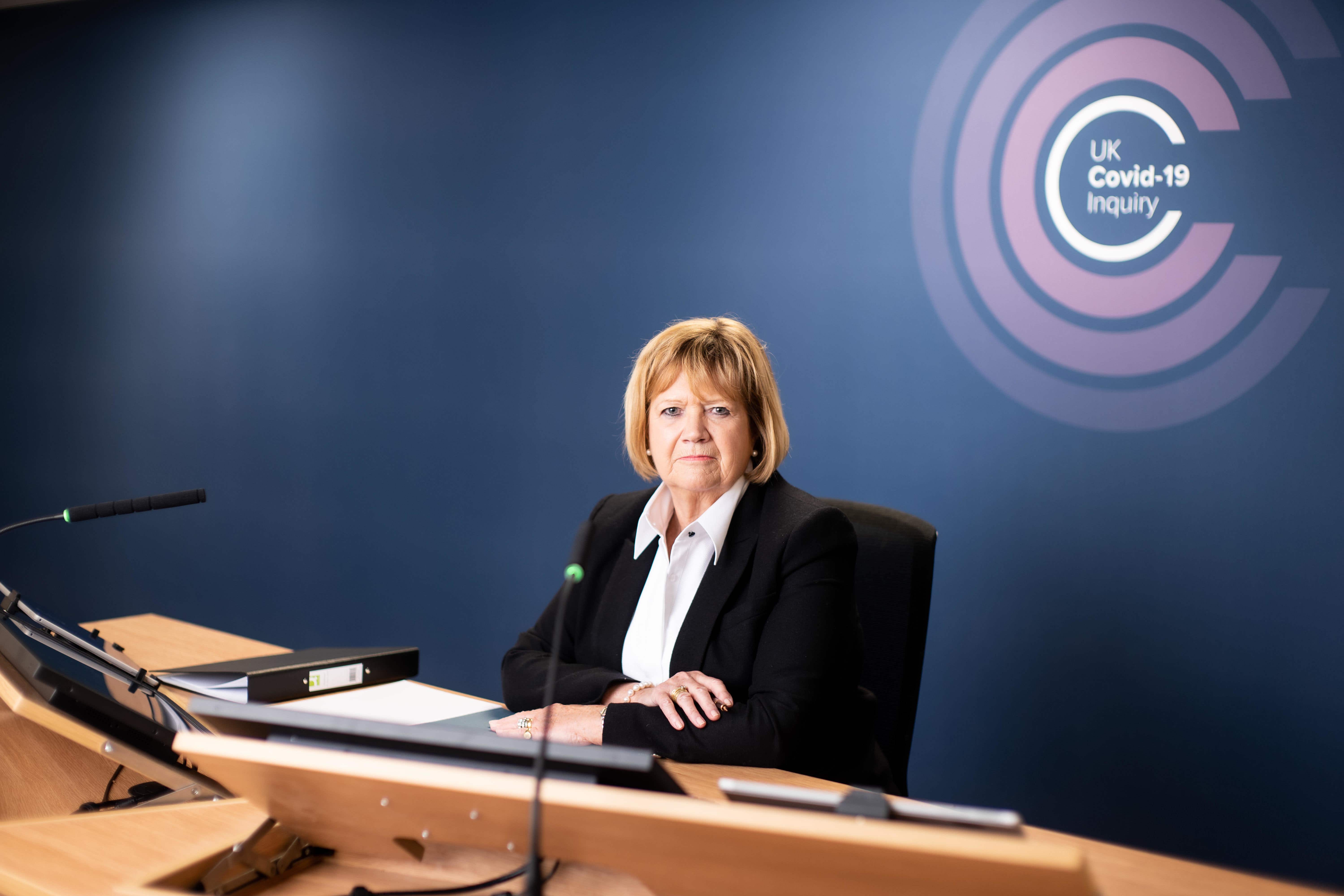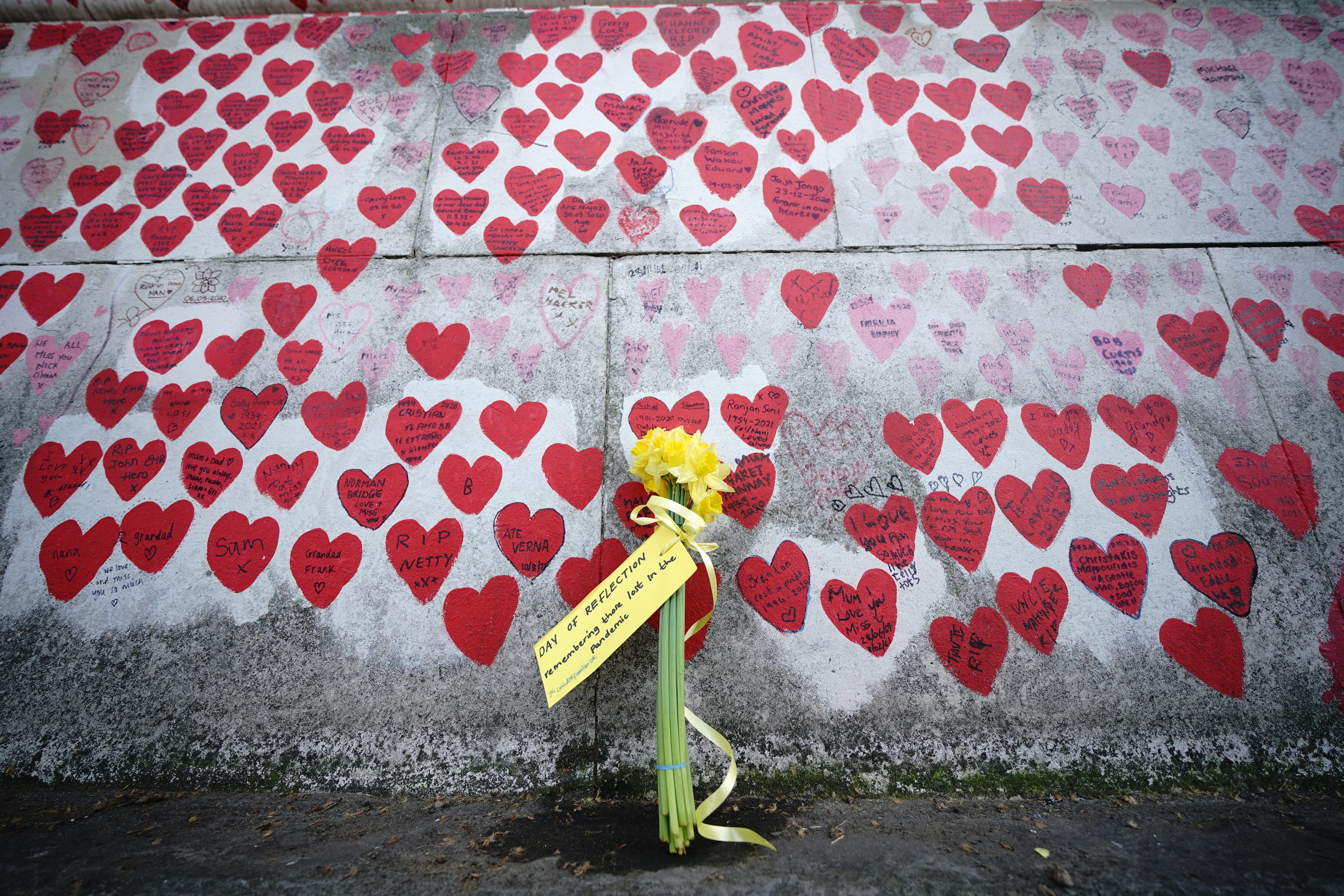
The UK Covid-19 Inquiry opened its first public hearing on 13 June in London, beginning a three-year investigation into the British government’s response to the coronavirus pandemic.
The inquiry will seek to understand the decision-making that led to the imposition of strict lockdown measures on the public, how our evolving understanding of the virus guided policy, what the government got right and what mistakes were made, with a view to being better prepared for future pandemics and public health emergencies.
When then-prime minister Boris Johnson announced the first “stay at home” order on 23 March 2020, British citizens came together in a rare moment of national unity, for the most part, diligently adhering to social restrictions introduced to help stop the spread of the contagious respiratory disease.
That meant living in isolation from friends, family and colleagues, working from home, wearing face masks and standing apart in public and, in many cases, battling Covid symptoms in hospital or in quarantine amid an atmosphere of intense loneliness and anxiety.
But the legacy of that brave response has been tarnished in the intervening years by the “Partygate” scandal that subsequently engulfed Mr Johnson’s government, which has left many, particularly those grieving lost loved ones, feeling betrayed, embittered and in search of answers.
By pouring over hundreds of documents, scrutinising the details and hearing testimony on all aspects of the UK’s response to a global disaster that claimed more than 227,000 British lives, the inquiry hopes to draw clear conclusions and perhaps provide a degree of closure for those traumatised or in mourning.
Here is everything you need to know about its upcoming hearings.
Who is chairing the inquiry?
Mr Johnson first announced the inquiry in May 2021. It was established and is being paid for by the government but is being run by an independent chair.
That is Baroness Heather Hallett, a retired Court of Appeal judge and crossbench peer, who led the inquests into the Islamist terror attacks on London on 7 July 2005.
She will oversee the process, from the hearings to the publication of final reports and has the power to order the production of documents and call witnesses to give evidence under oath.
But Baroness Hallett has already run into trouble by demanding Mr Johnson and members of his former Cabinet hand over their private WhatsApp messages from 2020 to the inquiry, which has been resisted by the PM’s successor, Rishi Sunak, and sparked an awkward legal battle.

The Covid-19 Bereaved Families for Justice group, which has almost 7,000 members, has also complained of feeling marginalised by Baroness Hallett after putting forward a list of 20 people it wanted to appear as witnesses, none of whom have been called so far.
However, a spokeswoman for the inquiry said the chair “has been clear she hasn’t ruled out calling testimony from bereaved people in later investigations, for example with the use of do not resuscitate orders”.
The group’s members congregated outside the inquiry’s first public hearing on Tuesday to hold aloft pictures of lost loved ones and make their feelings abundantly clear.
What format will the inquiry take?
The hearings are taking place at the UK Covid-19 Inquiry Hearing Centre at Dorland House in west London and they are open to the public. You can find out more about reserving seats via the inquiry’s official website.
Tuesday’s session began with an opening statement from Baroness Hallett vowing that those who suffered will “always be at the heart of the inquiry”. It was followed by a 17-minute film presenting bereaved families telling their stories of the pandemic, which was billed beforehand as “difficult to watch”.
The process is being divided into “modules”, each of which will last approximately six weeks and be devoted to a different aspect of the UK’s Covid experience in loosely chronological order.

The first is on Britain’s preparedness for the pandemic while the second concerns government decision-making as the outbreak took hold and is subdivided into additional chapters looking at how the response in England compared to the decisions taken by the devolved governments in Scotland, Wales and Northern Ireland.
The third module will look at the impact the crisis had on the NHS and how prepared the UK’s health sector was to tackle its onset and the fourth at the handling of the vaccine rollout from December 2020 onwards.
Further modules, about which more details are expected closer to the time, are set to address other important aspects of the pandemic. This includes the impact on the care sector, the government’s approach to awarding contracts for the production of personal protective equipment, how the state approached its responsibilities to the economy and how Covid’s impact on communities was dictated by pre-existing social inequalities.
What questions will it attempt to answer?
Among the key lines of inquiry the hearings are expected to pursue are: how might Britain better protect its citizens when the next pandemic rolls around, did the UK’s social restrictions become too complex and confusing and what more should have been done to support children who missed out on months of schooling and other crucial opportunities because of quarantine rules?
It might also tackle questions such as how lockdowns can be avoided in the future and how staffing shortages within the NHS can be addressed.
Who will give evidence?
No full list of witnesses has been published so far, although senior government ministers and officials are widely expected to give evidence under oath.
The likes of Sir Chris Whitty and Sir Patrick Vallance, the UK government’s chief medical adviser and chief scientific adviser respectively during the pandemic, are likely to appear.
Meanwhile, members of the public are being encouraged to share their own experiences of Covid as part of the inquiry’s Every Story Matters project.
How can I follow the inquiry’s progress?
The Independent will be bringing you all the latest breaking news lines and analysis from the UK Covid-19 Inquiry.
You can also check out its official website and social media accounts for regular updates and watch its hearings live on YouTube.







